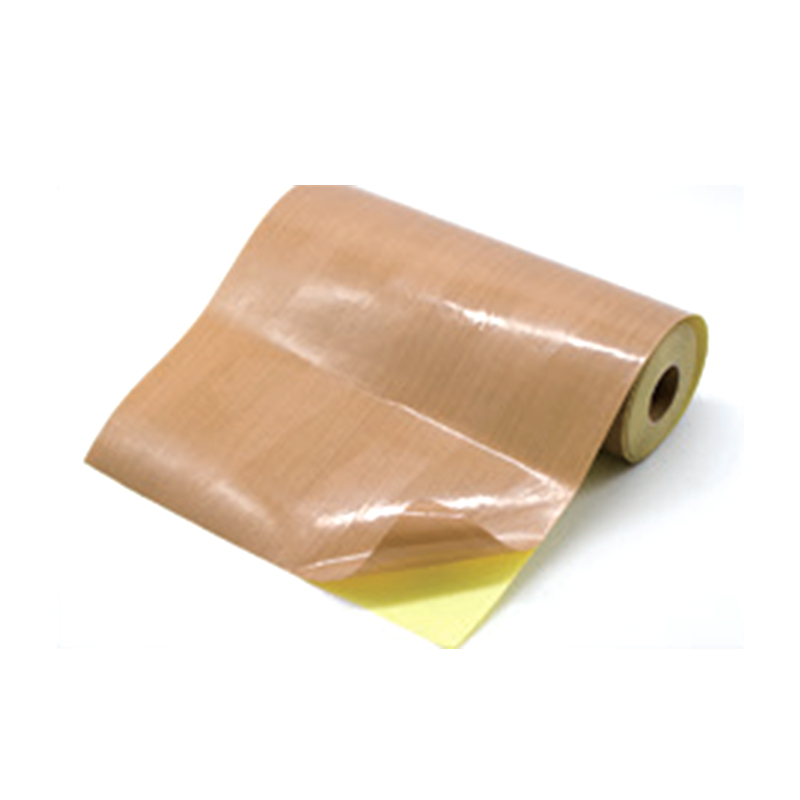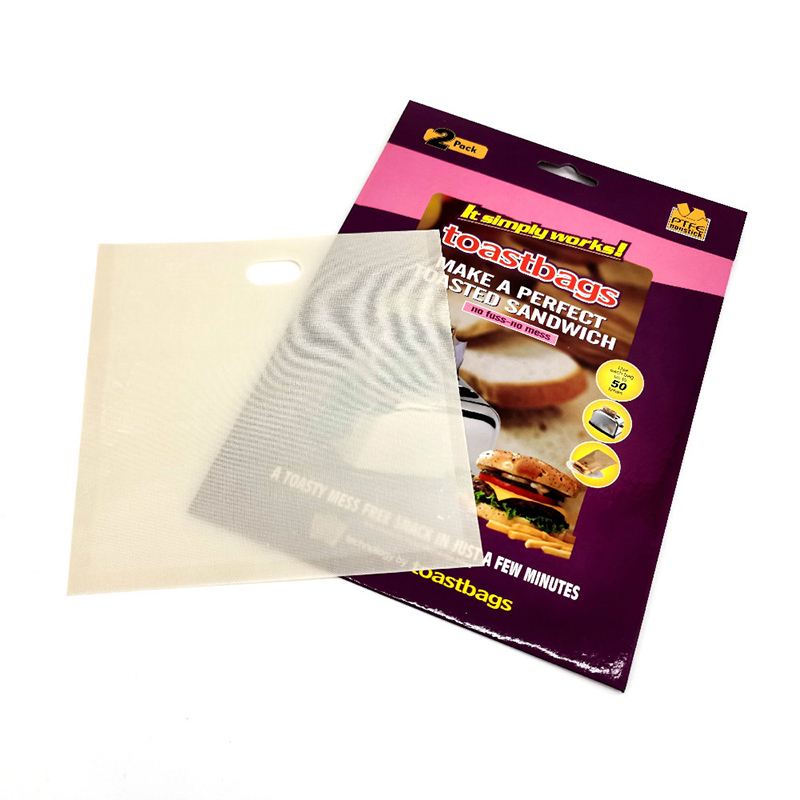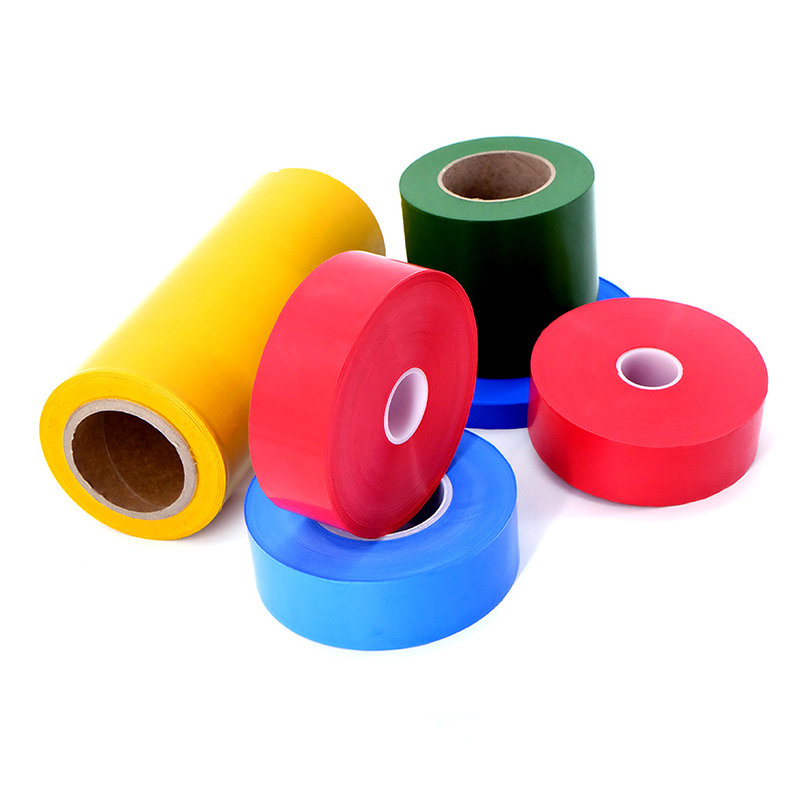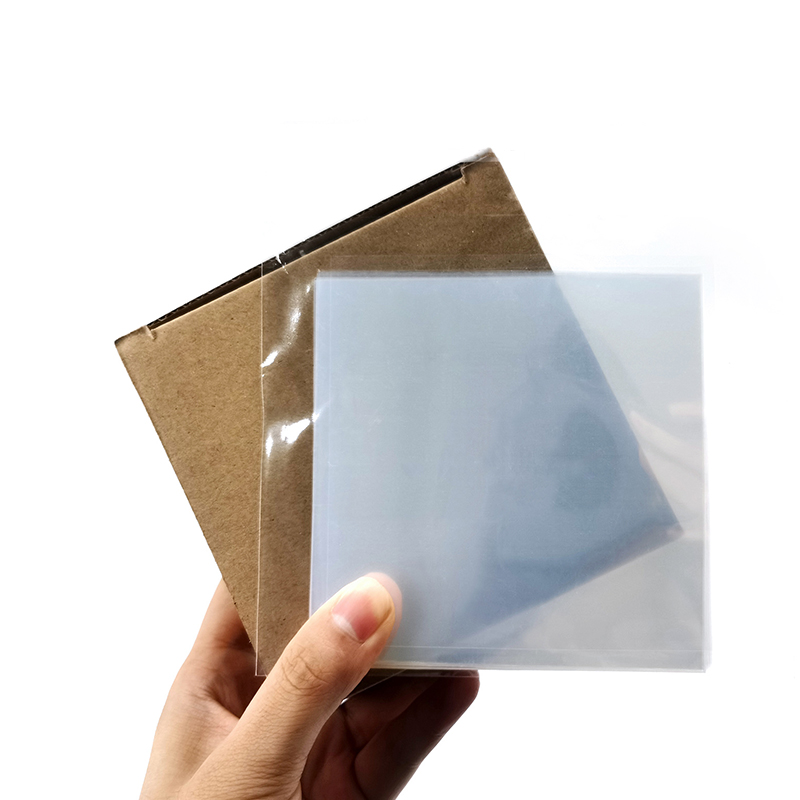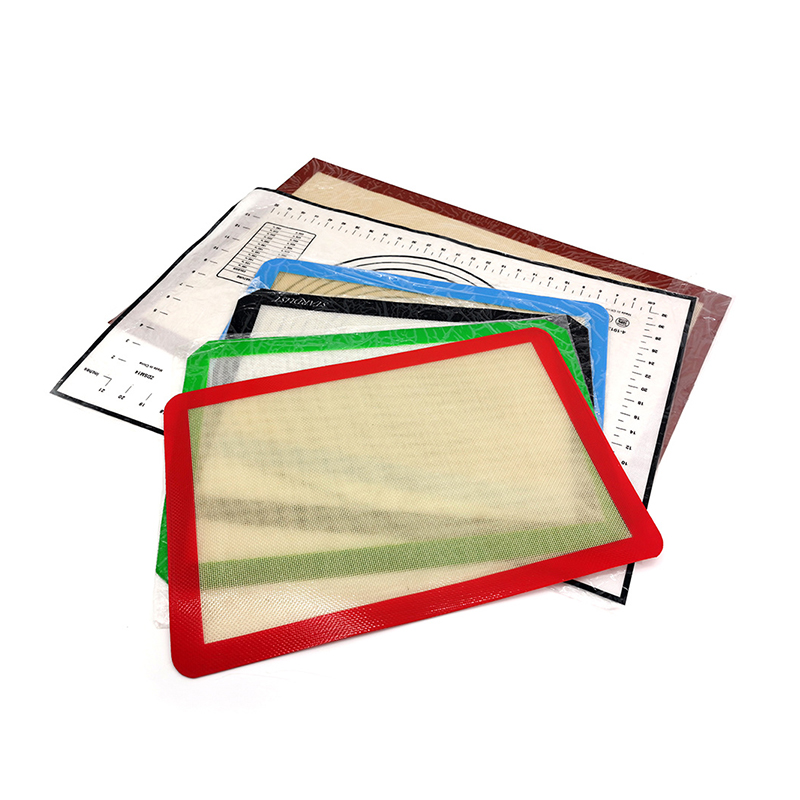Can PTFE Fiberglass Fabric Provide a Reliable Anti-corrosion and Sealing Solution for Pipeline Systems Containing High-temperature Corrosive Chemicals in the Petrochemical Industry?
In the petrochemical industry, PTFE Fiberglass Fabric can indeed provide reliable anti-corrosion and sealing solutions in pipeline systems containing high-temperature corrosive chemicals. This is mainly based on the following characteristics:
High temperature resistance:
PTFE Fiberglass Fabric has high-temperature resistance, and its 24-hour temperature tolerance can reach 260°C, and the temperature can even exceed 300°C. This means that it can operate stably over long periods of time in a high-temperature environment, which is particularly suitable for high-temperature pipeline systems in the petrochemical industry.
Corrosion resistance:
PTFE materials are resistant to corrosion and can resist erosion by a variety of chemicals such as acids, alkalis and organic solvents. This property enables PTFE Fiberglass Fabric to perform well in pipeline systems containing corrosive chemicals, effectively preventing the chemicals from corroding and damaging the pipeline.
Chemical stability:
PTFE fiberglass fabrics are chemically stable and insoluble in any solvent. Even under conditions, it can maintain the stability of its physical and chemical properties, thus ensuring the long-term stable operation of the pipeline system.
Good sealing performance:
PTFE Fiberglass Fabric has good sealing performance and can effectively prevent the leakage of liquid or gas in the pipeline system. This is crucial for the petrochemical industry, as spills can not only cause production disruptions but also environmental pollution.
With its high-temperature resistance, corrosion resistance, chemical stability and good sealing properties, PTFE Fiberglass Fabric can provide a reliable anti-corrosion and sealing solution for pipeline systems containing high-temperature corrosive chemicals in the petrochemical industry.
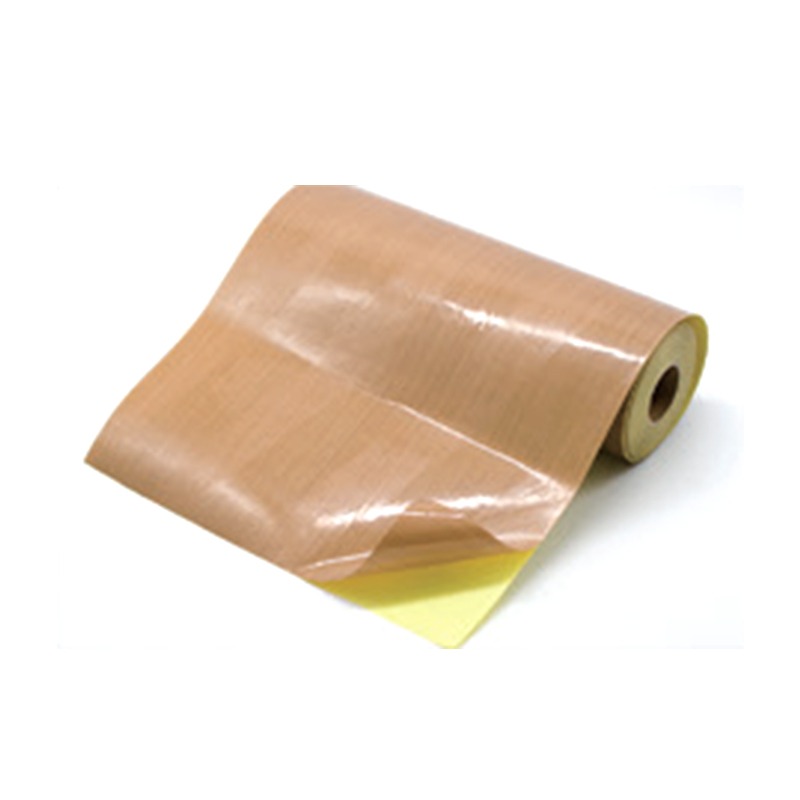



 English
English Español
Español русский
русский
